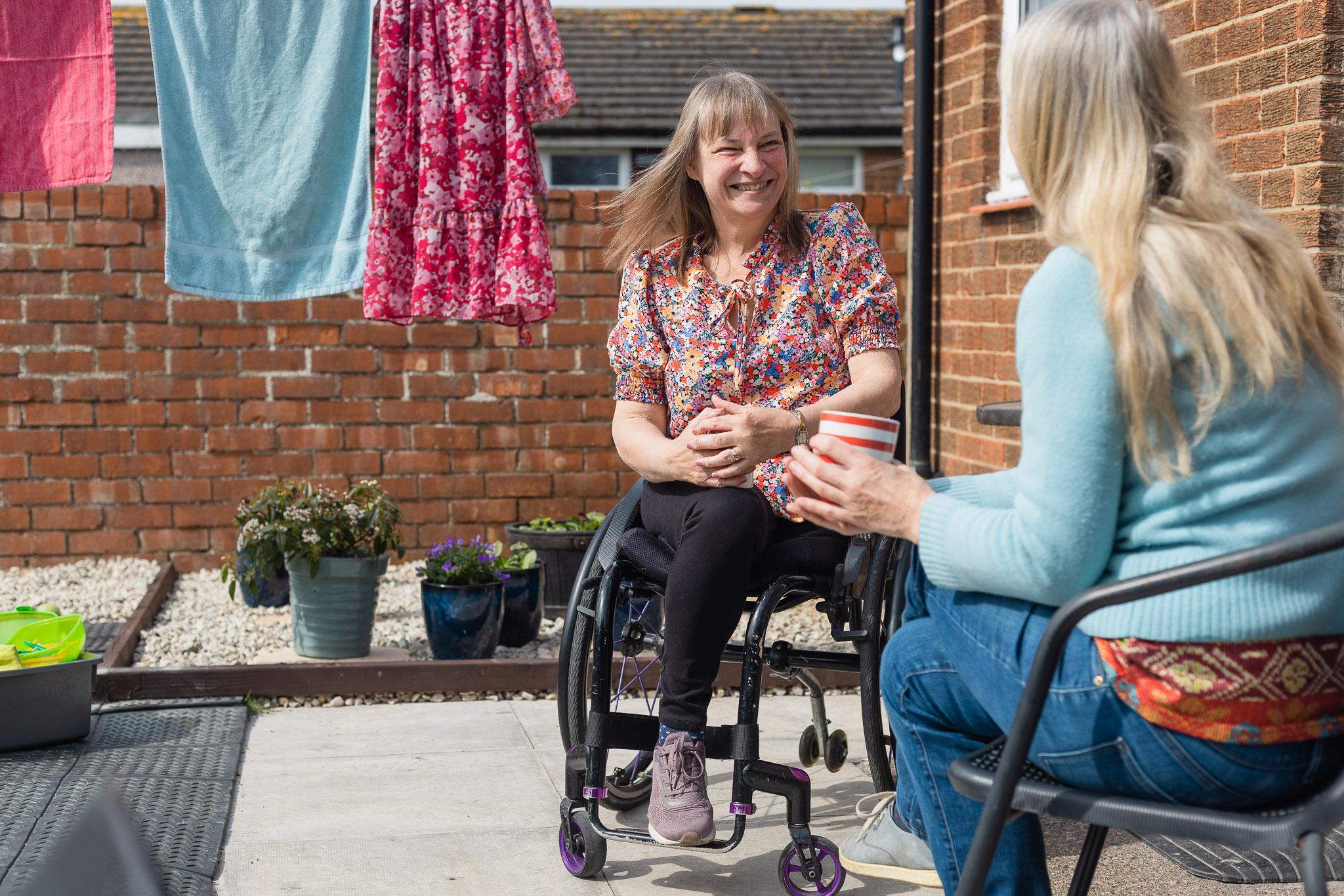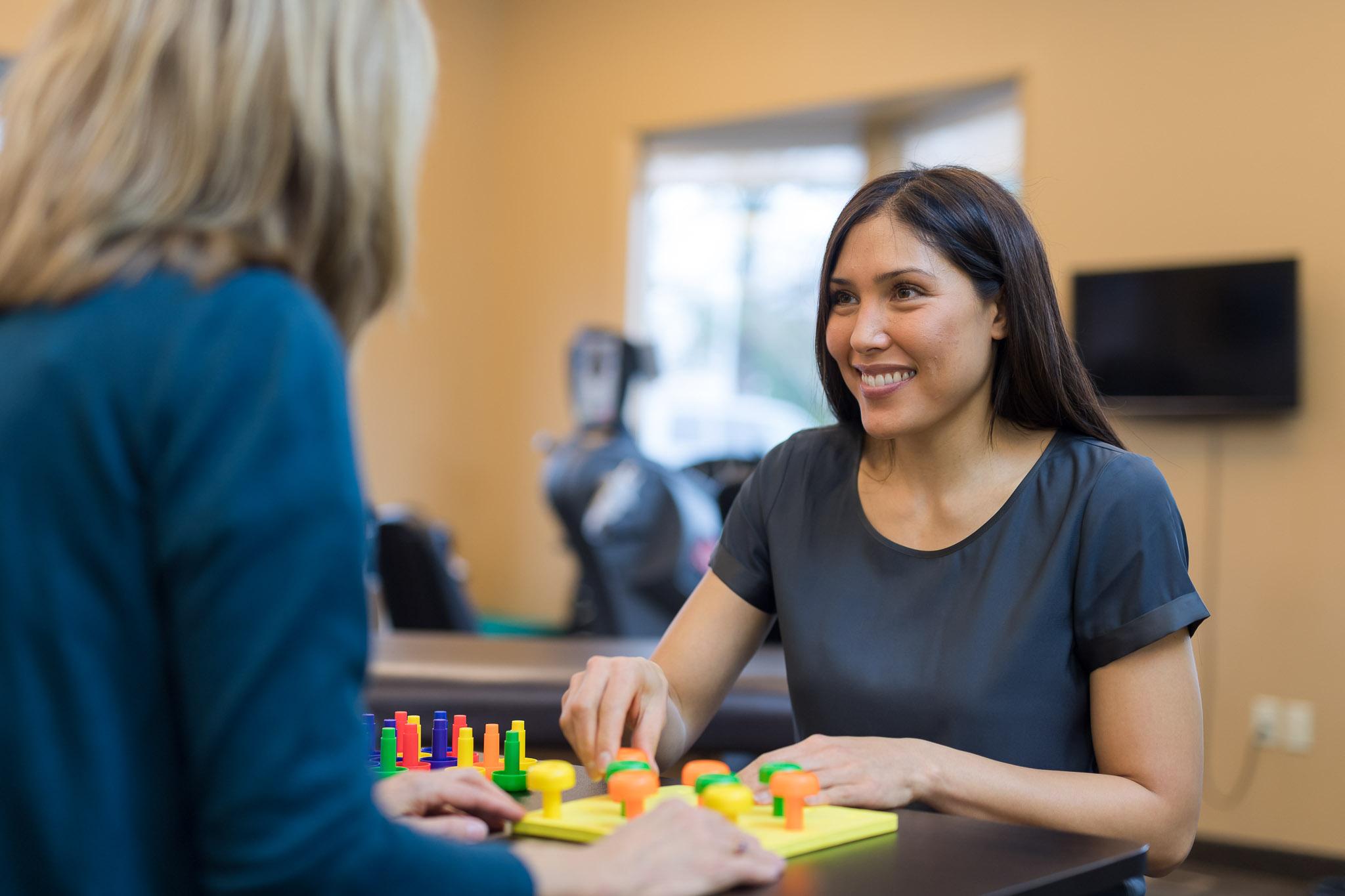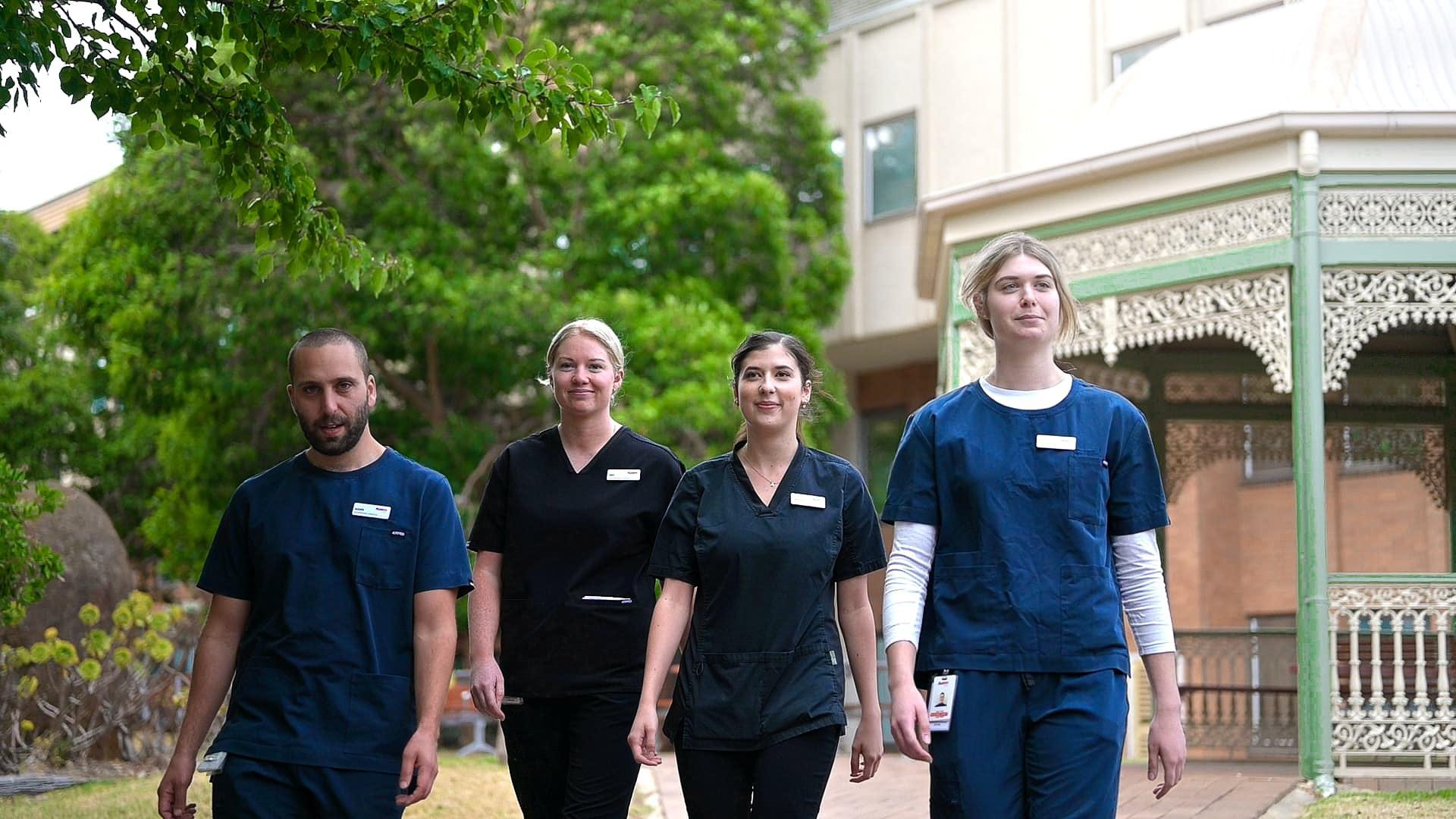25 February 2026
Policy and Advocacy update – 26 February 2026
Read about OTA policy and advocacy updates and developments this week, including the SA election countdown, NDIS 2026 pricing review, aged care updates, and many more.

19 February 2026
International Speaker Tour 2026 - Greg Santucci
18 February 2026
Policy and Advocacy update - 19 February 2026
Read about OTA policy and advocacy updates and developments this week, including the upcoming Digital Health webinar, updates on the Thriving Kids initiative, and many more.
17 February 2026
Submission: National Disability Insurance Agency | 2026 Annual Pricing Review Consultation
Occupational Therapy Australia calls for a decisive pricing adjustment to stabilise and strengthen the occupational therapy market under the NDIS. Read for more.
11 February 2026
Strengthening Occupational Reasoning Through Occupational Formulation
To learn more about occupational formulation, join us at our next Occupational Formulation Foundations course starting online on 19 March 2026, delivered by Lorrae Mynard.
11 February 2026
Policy & Advocacy update – 12 February 2026
Read about OTA policy and advocacy updates and developments this week, including the release of the Thriving Kids Advisory Group Final Report, SA state election, and many more.
4 February 2026
WFOT-PAC - Call for Committee Members
The WFOT Program Accreditation Committee (WFOT-PAC) is a standing subcommittee of the Occupational Therapy Australia Board that recommends WFOT approval of education programs.
4 February 2026
Australian Occupational Therapy Journal - Call for Editorial Board Members
The Australian Occupational Therapy Journal (AOTJ), the official research publication of Occupational Therapy Australia (OTA), invites expressions of interest from OTA members for positions on its Editorial Board.
4 February 2026
Policy and Advocacy update - 5 February 2026
Read about OTA policy and advocacy updates and developments this week, including the speech of OTA CEO Samantha Hunter at Parliament House Canberra, recommendations from Advisory Group for Thriving Kids, and many more.
1 February 2026
Submission: OTA’s Federal Budget Submission 2026
Occupational Therapy Australia (OTA) has submitted its Federal Budget Submission 2026, advocating for targeted government investments to support children, families, and the occupational therapy workforce across Australia.
28 January 2026
Policy and Advocacy update – 29 January 2026
Read about OTA policy and advocacy updates and developments this week, including the inaugural hosting of OTA Morning Tea, Mental Health Continuum of Care, and many more.
21 January 2026
Policy and Advocacy update – 22 January 2026
Read about OTA policy and advocacy updates and developments this week, including a near-closing consultation to help shape fairer NDIS pricing, and an OTA call to support the Thriving Kids.

16 December 2025
Plan your CPD for 2026
Plan your professional development, build momentum for the year ahead, and invest in your professional growth to OTX 2026. Join now!
10 December 2025
Practice Resource: Occupational Therapy and the Strengthened Aged Care Quality Standards
This resource helps occupational therapists (OTs) and key stakeholders understand the specific ways the Strengthened Aged Care Quality Standards relate to occupational therapy scope of practice.
11 November 2025
Department of Health Disability and Ageing - Support at Home for Allied Health professionals
This is a presentation from the Department of Health, Disability and Ageing to AHPA members including OTA on the key changes under the Support at Home Program relating to allied health professionals.

16 October 2025
OTA Annual General Meetings
The Occupational Therapy Australia (OTA) 2025 Annual General Meeting (AGM) will be held on Zoom on Thursday 20 November at 1.00pm AEDT.
15 October 2025
Member Update - Aged Care (October 2025)
A new Aged Care Act will be implemented on November 1st. This introduces the new home-based aged care program, Support at Home, which will replace the existing Home Care Packages and Short Term Restorative Care programs. OTA has prepared practice resources to support our profession during this transition. These resources provide a summary of the Support at Home Program's key details and offer considerations for clinicians to best prepare for the new reforms.
8 October 2025
Capability Framework for Occupational Therapists Working with Older People (Aged Care)
The Capability Framework for Occupational Therapists working with Older People (Aged Care) proposes a series of capabilities (knowledge, skills and attitudes) for occupational therapists practising across different aged care settings and support structures. The framework acknowledges that aged care is a complex and multifaceted area of clinical practice and is within the scope of all registered occupational therapists.

30 September 2025
NDIS - Learning Hub
Explore our available events on NDIS, designed to expand your knowledge, build skills, and connect with peers through expert-led learning opportunities.

25 September 2025
Adult Health and Disability - Learning Hub
Explore our available events on Adult Health and Disability, designed to expand your knowledge, build skills, and connect with peers through expert-led learning opportunities.
5 August 2025
Consultation on Foundational Supports for children with developmental concern, delay and/or disability and their families, carers and kin
Occupational Therapy Australia (OTA) welcomes the opportunity to provide a submission in relation to targeted foundational supports - Foundational Supports for children with developmental concern, delay and/or disability and their families, carers and kin.
29 July 2025
Submission: Department of Social Services consultation on NDIS Supports rule
OTA's submission provides feedback on the overall approach outlined in the NDIS Supports Lists, and specific inclusions and omissions in specific lists, which is detailed in this content.
7 July 2025
FAQ: OTA NDIS Pricing Campaign
This FAQ provides answers to common questions about OTA's NDIS Pricing Campaign, including key issues raised, advocacy efforts, and how occupational therapists can support fair and sustainable pricing under the NDIS.
10 June 2025
OTA Submission to the Qld Mental Health Select Committee | Mental health outcomes for Queenslanders
OTA provided a submission to the Qld Mental Health Select Committee on their Inquiry into the opportunities to improve mental health outcomes for Queenslanders.
5 June 2025
Submission: Select Committee on Foundational and Disability Supports Available For Children and Young People In New South Wales
OTA welcomes the opportunity to provide input to the NSW Government’s approach to development of foundation supports for children and young people with disability, developmental delay or concerns.

19 February 2025
Help for members Digital Transformation and OTA Connect
Help for members through OTAs Digital Transformation.

18 December 2024
Courses, Learning Modules & Programs
We offer a variety of on-demand, self-directed learning and development, covering a broad range of practice areas and topics.

10 December 2024
Workforce
We know there are significant workforce challenges and opportunities for the occupational therapy profession, such as attracting and retaining OTs. To address these challenges, we've consulted with our members to develop a workforce development plan.

3 December 2024
OTA Members’ EAP
We have partnered with Employee Assistance Program (EAP) provider TELUS Health. TELUS Health is a full-service assistance program providing confidential work, life and well-being consultations.

2 December 2024
Workforce Development Project
Here at OTA, we know there are significant workforce challenges and opportunities for our profession. To address these challenges, we've developed the OTA Occupational Therapy Workforce Plan. It was devised using an evidence-based approach which included a literature review, an analysis of OT workforce data, a survey of Australian occupational therapists, interviews and focus groups.